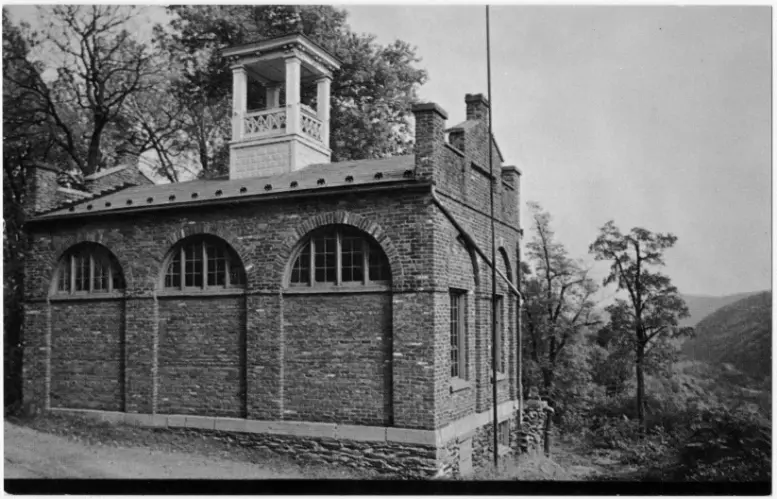
West Virginia’s Hidden Legacy: How ADH24 and Harpers Ferry Shaped the End of Slavery and Beginning of Civil Rights
November 5, 2024 8:21 pm Leave your thoughtsUntold Stories From the End of Slavery
West Virginia’s role in the end of slavery is rarely discussed today. In its statehood, the WV Constitution ended slavery in what could be the first ever Constitutional banning of slavery in human history. When President Lincoln accepted West Virginia into the Union, this helped pave the way for the 13th Amendment to the US Constitution of 1865 and the official ending of slavery in the United States.
The history of ADH24 is important to the families that have made their homes in Harpers Ferry, and there are oral histories of the property that have been passed down through generations of owners. According to those tales, the house held “contraband”, fugitive enslaved people hiding during the Civil War era. A pivotal time in place, Jefferson County was home to the families of several brothers of George Washington.
We plan to use our grant to research and document those claims and others about the constitutional ban on slavery, cementing Harpers Ferry and ADH24’s role in this period of history forever. As the arc of the moral universe, “bends towards justice,” as MLK says, this work will help bend the arc towards to the eternal through our lived struggles for freedom.
We are working to develop an immersive overnight stay experience, giving people the opportunity to live walk in the footsteps of the past, in present moments, and reencounter stories and truths of the past.
The Origins of Modern-Day Civil Rights
West Virginia’s role in founding the modern civil rights movement should not be underestimated. One of the first meetings of Niagara Movement with W.E.B. Du Bois occurred two streetblocks away and became the predecessor to the National Association for the Advancement of Colored People, Prior to that in the 1860s, West Virginia took a bold step that no one else had done as several northern states had only made slavery illegal. By elevating the ban to a matter of Constitutionality, West Virginia played a pivotal role in American History, the end of slavery, and the growth of the modern civil rights movement.
Our work with Amory Dwelling House #24 aims to preserve the property and enable ongoing research into the stories of the time and the people whose lives represent parts of the enduring struggles of freedom. The house was used during a tumultuous time in American and has many undertold stories to tell.
ADH24 and Harpers Ferry has already a layered history of culture and industry. The grant will enable us to unearth more of these historical and lived connections with survey, plan, research, and documentary activities. This research may justify its elevation to the National Register of Historic Places, preserving these stories, this place, and the struggles it embodies for generations to come.
Categorised in: Harpers Ferry
This post was written by admin
